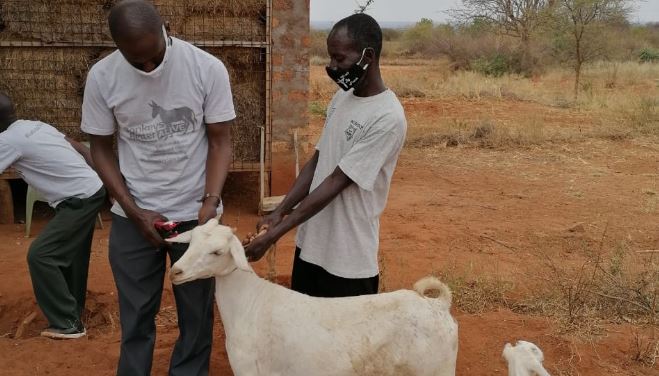×
The Standard e-Paper
Home To Bold Columnists

Local communities in Kenya are adapting to climate change through different approaches to mitigate its harmful effects demonstrated most visibly through frequent cycles of drought.